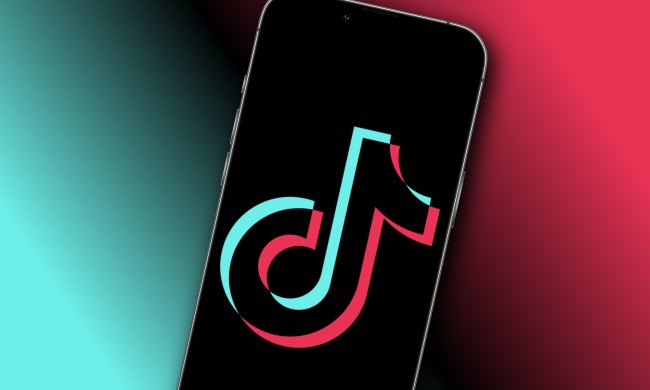ByteDance, the owner of apps such as news aggregator Jinri Toutiao, collaboration tool Lark, and short video app TikTok, is reportedly building its own smartphone.
Citing two anonymous sources, The Financial Times reported that the smartphone will be preloaded with ByteDance’s apps. ByteDance CEO Zhang Yiming is said to have “long dreamt” of making such a device, and it appears that he is moving closer to realizing that dream.
The TikTok owner confirmed earlier this year that it had acquired certain patents and some employees from smartphone maker Smartisan, but the company claimed at the time that the acquisition was done to “explore the education business.” The purchase makes much more sense now with ByteDance’s reported interest in building a smartphone.
The report did not provide details on the design of the smartphone and where ByteDance is planning to launch it, though it was suggested that the company may find it difficult to release it in the United States due to the government’s stance against Chinese telecommunication companies. This is exemplified by Huawei and its placement on the U.S. Department of Commerce’s “Entity List,” which may lock out its smartphone from future Android updates and Google’s apps.
It remains to be seen if ByteDance’s smartphone will achieve success, especially since similar devices have historically flopped. Examples include Amazon’s Fire Phone, which functioned more as an Amazon storefront than an actual smartphone, and the Facebook-backed HTC First, which proved to be a bit redundant as people were fine with the Facebook app.
The selling point of a ByteDance smartphone with TikTok and other pre-loaded apps over a regular smartphone that can just download these apps remains unclear. However, it may work in the company’s favor if the device aims for the low-cost segment and is geared toward the Chinese market, which would distinguish it from what Amazon and Facebook attempted.
A smartphone that is somehow focused on optimizing TikTok usage may well find a niche, as the short video app has soared in popularity. While rivals such as Snapchat and Instagram are looking to draw users away from TikTok, ByteDance is looking to expand its user base even further with its planned device.

